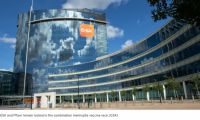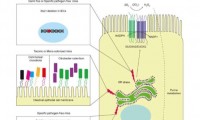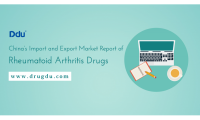-
Chasing Pfizer, GSK’s 5-in-1 meningococcal vaccine delivers phase 3 trial win
- Source: drugdu
- 129
- March 16, 2023
-
Molecular component of caffeine may play a role in gut health
- Source: drugdu
- 263
- March 15, 2023
-
An overview of COVID-19-associated neurological complications in children
- Source: drugdu
- 298
- March 15, 2023
-
What Mutations of SARS-CoV-2 are Causing Concern?
- Source: https://www.news-medical.net/health/What-Mutations-of-SARS-CoV-2-are-Causing-Concern.aspx
- 461
- April 5, 2022
-
China’s Import and Export Market Report of Rheumatoid Arthritis Drugs
- Source: Ddu
- 3,944
- August 26, 2021
-
Janssen inks inflammatory disease collaboration with Mestag Therapeutics
- Source: drugdu
- 250
- May 19, 2021
-
EC clears GSK’s Benlysta for lupus nephritis
- Source: drugdu
- 498
- May 10, 2021
-
BMS’ Opdivo plus LAG-3 antibody relatlimab show promise in melanoma
- Source: drugdu
- 301
- April 1, 2021
-
NHS extends ‘COVID-friendly’ at-home cancer care
- Source: drugdu
- 164
- March 31, 2021
-
Gilead’s Veklury should be effective against COVID-19 variants
- Source: drugdu
- 206
- January 27, 2021
your submission has already been received.
OK
Subscribe
Please enter a valid Email address!
Submit
The most relevant industry news & insight will be sent to you every two weeks.













